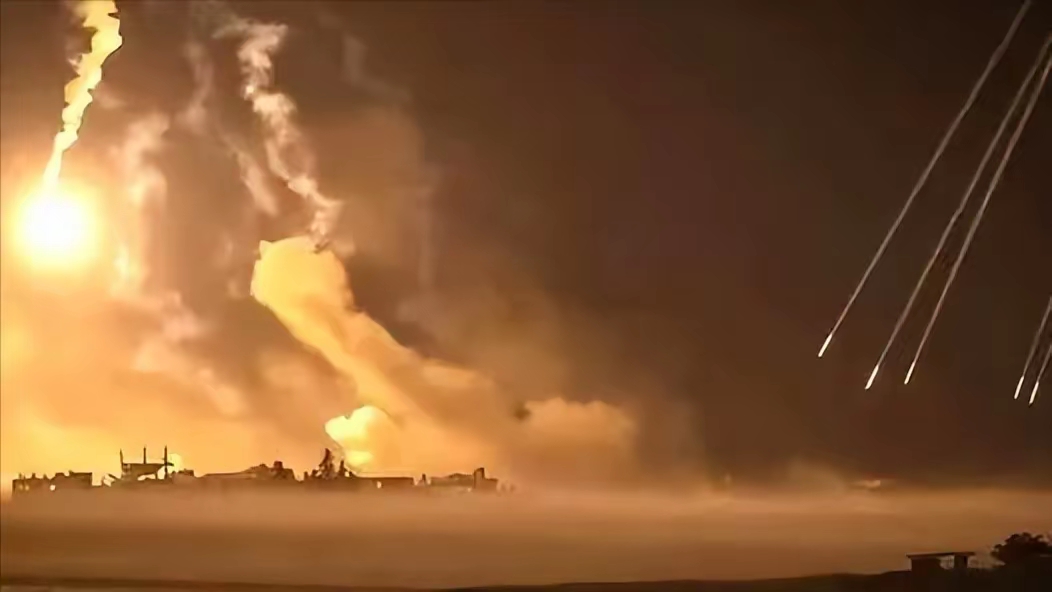
The protracted Russia-Ukraine conflict has had a far-reaching impact on the global economy in many aspects, which will change the global economic pattern.
Russia is an important global energy supplier, especially in the areas of oil and natural gas. After the outbreak of the conflict, market concerns about energy supply disruptions intensified, leading to significant fluctuations in energy prices. For example, natural gas prices have experienced a sharp rise in the short term, particularly in Europe due to its high dependence on Russian natural gas. This not only increases consumers' energy expenditure, but also raises the cost of industrial production, causing significant impact on energy intensive industries such as chemicals and steel.
The sanctions imposed by Western countries on Russia have prompted Russia to seek new energy export markets and partners. Russia has increased its energy supply to the Asian market and further strengthened its energy cooperation with countries such as China and India. At the same time, European countries are also striving to reduce their dependence on Russian energy, accelerate the pace of energy transition, promote the development of renewable energy, and diversify energy sources.
Ukraine is an important global grain exporting country, known as the "granary of Europe", and its agricultural products such as wheat and corn have a large share in the international market. The conflict has severely affected Ukraine's agricultural production, with farmland destroyed, reduced agricultural labor, and a significant decrease in food production. It is estimated that the conflict has led to a reduction of millions of tons in Ukraine's grain exports, posing a risk of food supply shortages for countries that rely on Ukrainian grain imports.
Due to reduced supply and market concerns about the stability of food supply, global food prices have risen. The prices of major food crops such as wheat and corn have risen during the conflict, which has increased the cost of food imports for some developing countries. This may lead to challenges in food security in some regions and even trigger social instability factors.
The Russia Ukraine region has important component production capabilities in some key manufacturing industries, such as automobile manufacturing and electronic equipment. The conflict has disrupted the supply of these components, leading to component shortages for manufacturing companies worldwide. For example, the automotive industry has been affected by the inability to obtain specific components from the Russia Ukraine region in a timely manner, resulting in delayed delivery times for some vehicle models and increased production costs for companies seeking alternative suppliers or adjusting production plans.
This conflict has caused damage to the transportation infrastructure in the Russia Ukraine region, while also affecting the safety of shipping in the surrounding waters. This reduces the efficiency of goods transportation and increases transportation costs. Some goods that were originally transported through the region have had to find alternative routes, leading to the readjustment and optimization of the global logistics transportation network, which has increased the difficulty of logistics management and operating costs for enterprises.
Western countries have implemented a series of trade restrictions and sanctions against Russia, including banning the import of some Russian goods and services, and restricting the international business of Russian companies. These measures not only have a direct impact on Russia's foreign trade, but also have an impact on enterprises in other countries that have trade relations with Russia. Some companies have had to suspend or adjust their trade cooperation with Russia in search of new markets and suppliers, leading to changes in the international trade landscape.
Against the backdrop of global trade uncertainty, some countries and regions are placing greater emphasis on strengthening trade cooperation within their respective regions. For example, the EU has accelerated the integration and consolidation of its internal market, promoting the liberalization and facilitation of trade within the region. At the same time, countries in the Asian region are actively strengthening cooperation within the framework of the Regional Comprehensive Economic Partnership (RCEP), by reducing trade barriers and enhancing industrial chain synergy, in order to increase the scale and quality of intra regional trade and reduce dependence on external markets.
From the current situation, there is no sign that this war is about to end, and how to end the war as soon as possible and minimize its negative impact is a problem that the world should consider and solve.

報告顯示,中國電力投資加速增長,預計2024年電網基建投資將超過5300億元。
近日,市場迎來了一則引人注目的消息:工業巨頭3M公司(MMM.N)在本周五公布了其季度業績報告,隨後股價飆升至近兩年來的
最近,外媒給OpenAI算了筆賬,今年可能要血虧50億美元。
近日,巴黎奧運會和世界鐵人三項協會聯合發布了一項重大決定,宣布因塞納河水質污染問題,原定於近期進行的奧運會鐵人三項首次下
當地時間7月18日,法國巴黎發生了一起令人震驚的持刀襲警事件。
近期,一則重大消息在國際舞臺上引起軒然大波,馬來西亞宣布加入金磚國家。
調查發現,互聯網和智能手機的使用幹擾了韓國近五分之一學生的生活。